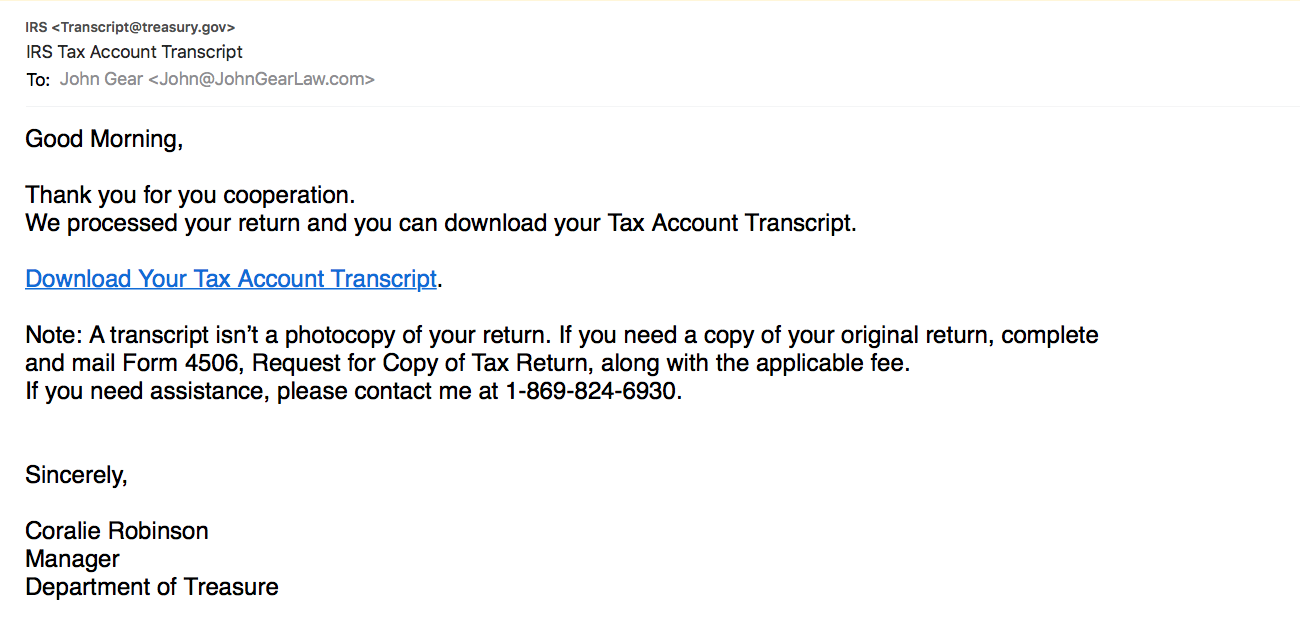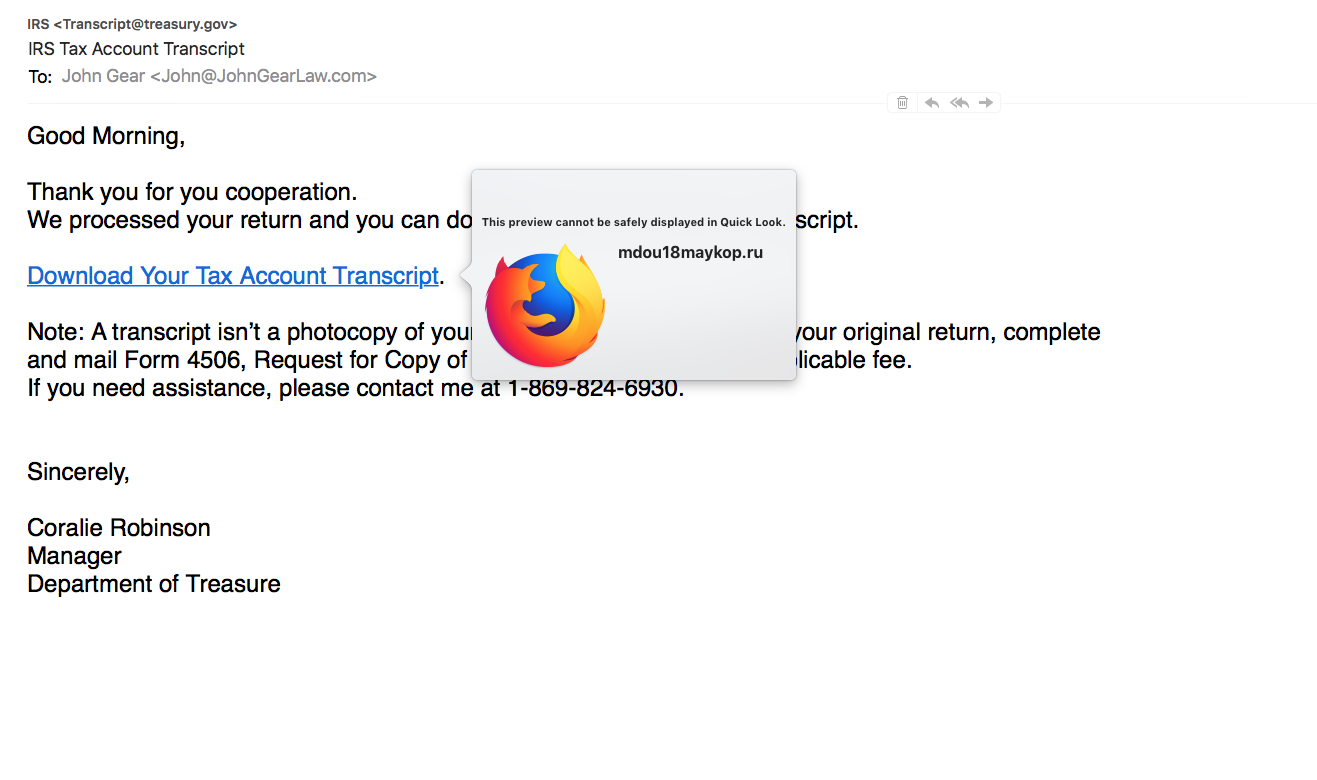Order your Tickets On-Line to Support the Oregon Paralyzed Veterans of America.
Game Day July 5th
Time 6:35 PM
Salem/Keizer Volcanoes
TO EARMARK 50% of the price of your party's tickets to support OPVA,
1) Go to the website Portal www.bit.ly/ParalyzedVets
2) Click "I am not a robot"
3) Enter 7052018 as the group password
4) Then select your tickets and pay for them




 RSS Feed
RSS Feed
